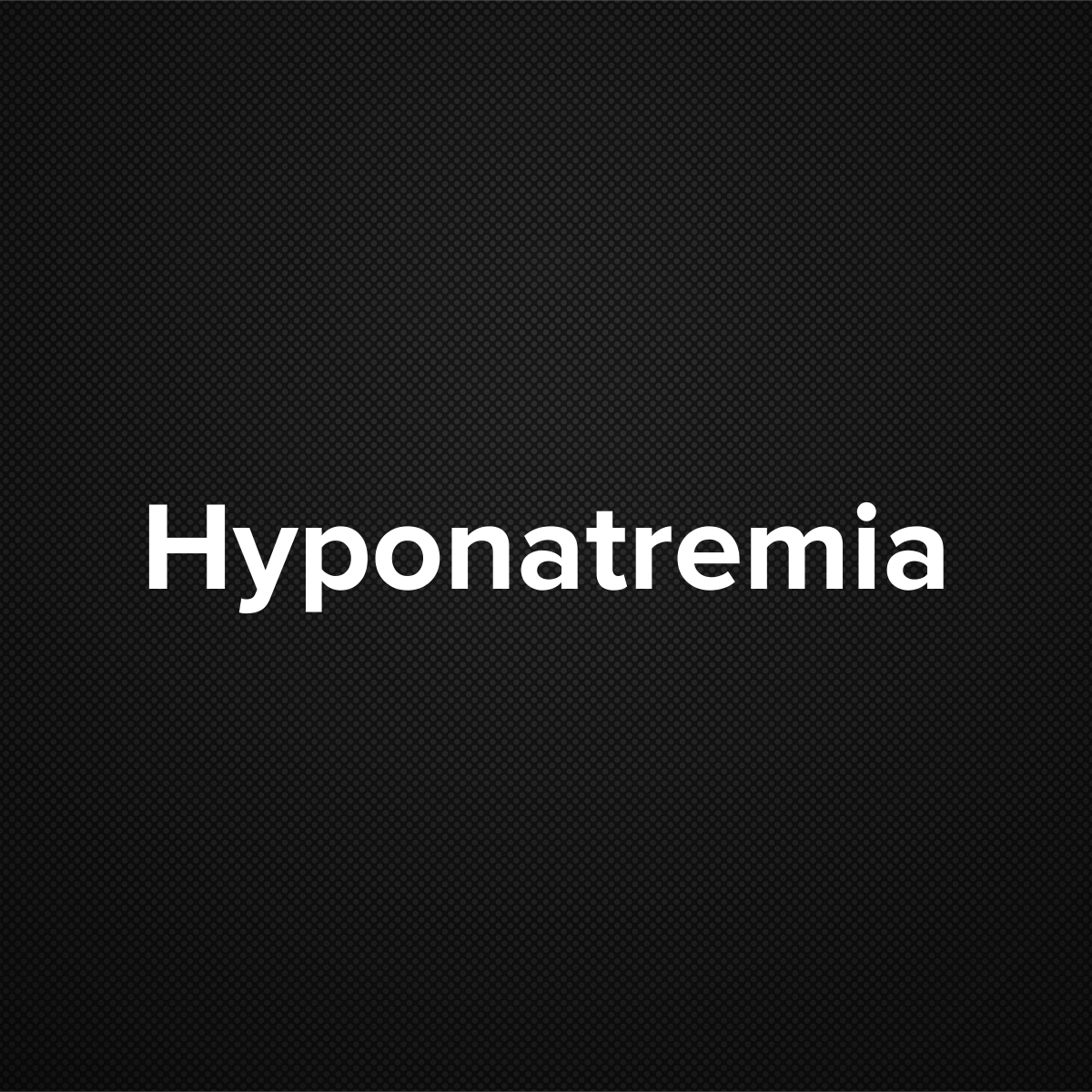Causes and risk factors
Sodium is an electrolyte which helps to regulate the amount of water in and around the cells. Normal level of sodium level in blood is 135 to 145 mEq/litre. Level below this range leads to hyponatremia. Factors causing hyponatremia are – diarrhoea, vomiting, sweating. Consumption of diuretic medicines, drinking too much water while exercising, low-sodium and high-water diet. Diseases like heart failure, hormonal changes, liver cirrhosis, Kidney diseases, adrenal gland deficiency and syndrome of inappropriate antidiuretic hormone secretion [SIADH]. Conditions like primary polydipsia [increased thirst], dehydration, and severe burns can also cause hyponatremia.
Clinical presentation
Sodium is essential to maintain normal blood pressure and fluid balance in the body. Low levels of sodium cause extra water to enter the cells resulting in swelling of the cells. The brain cells are especially sensitive to swelling, as brain is confined by your skull and unable to expand without causing symptoms. Types of hyponatremia are Euvolemic hyponatremia- In this type body, water level is too high, but the sodium level stays the same. Hypervolemic hyponatremia- In this type both sodium and water levels in the body increase, but the water gain is greater. Hypovolemic hyponatremia-In this type both water and sodium levels are very low, but the sodium loss is greater. Symptoms include muscle weakness, spasms or cramps, restlessness and irritability, loss of energy, headache, nausea and vomiting, fatigue. There can be seizures, confusion, unconsciousness, and coma.
Investigation
Medical history by the patient and Clinical examination by the doctor helps in diagnosis. Blood electrolyte levels are recommended. Plasma osmolality test is done. Urine analysis, routine blood tests are advised.
Treatment
Treatment is focused on treating the underlying cause. If the cause is in diet or drinking plenty of water, resulting in mild or chronic hyponatremia, doctor may recommend lowering the fluid intake. In severe hyponatremia, treatment involves intravenous administration of sodium. Medications are required symptomatic relief. Hormone therapy if adrenal gland deficiency is the cause. Hyponatremia if untreated shows high morbidity or mortality rates.
Other Modes of treatment
The other modes of treatment can also be effective in treating hyponatremia. Homoeopathy is a science which deals with individualization considers a person in a holistic way. This science can be helpful in combating the symptoms. Similarly the ayurvedic system of medicine which uses herbal medicines and synthetic derivates are also found to be effective in treating hyponatremia.






























